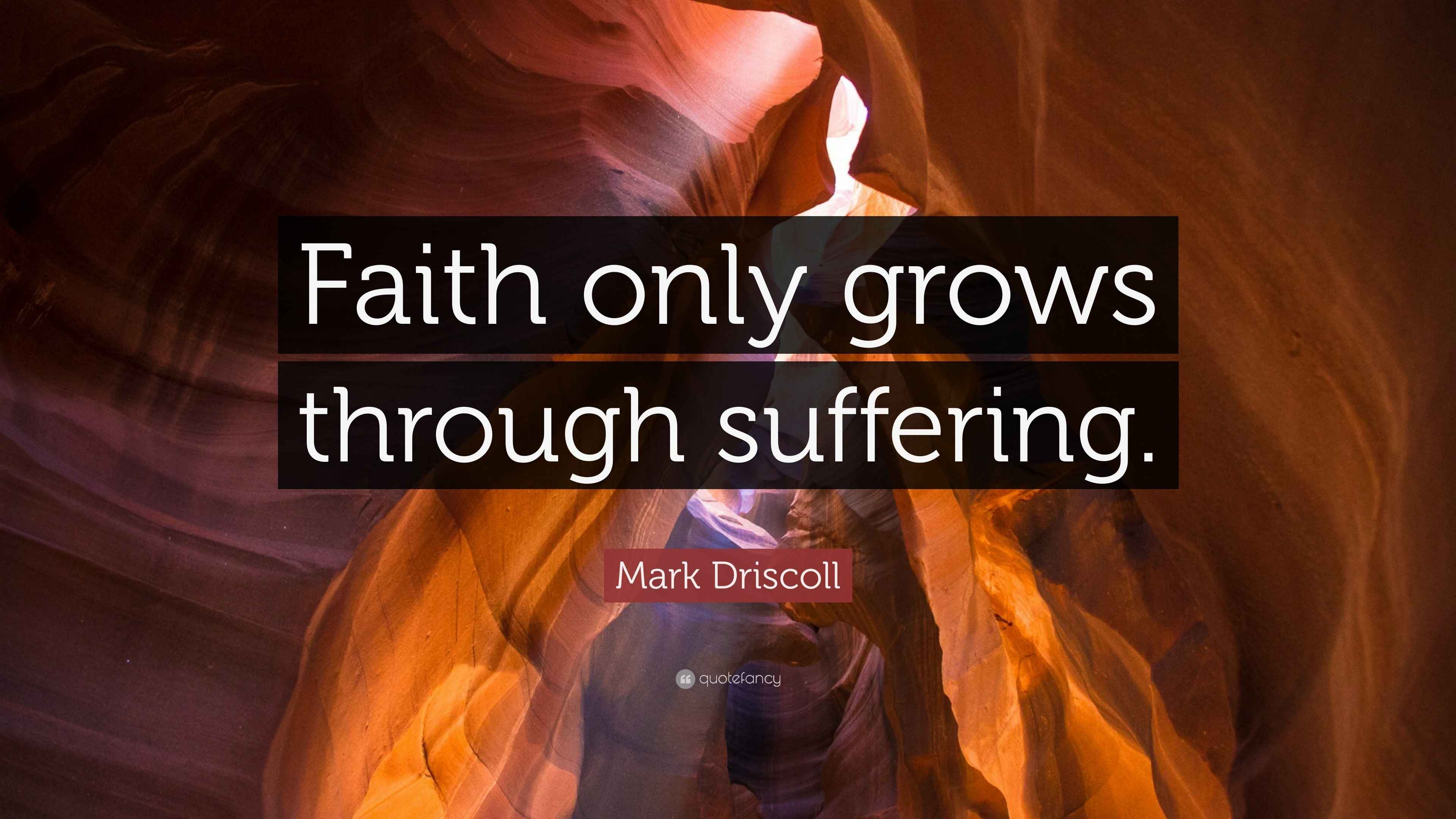![Life Without Lack: Living in the Fullness of Psalm 23 by [Willard, Dallas]](https://images-na.ssl-images-amazon.com/images/I/51oOvMBocWL.jpg) I've been devouring Dallas Willard's newest book, Life without Lack. It was compiled after his death from a Bible study he held with a small group from his church. Dallas is DEEP--he was a philosophy and theology professor at Berkley--but this book is so down to earth it's worth the dive.
I've been devouring Dallas Willard's newest book, Life without Lack. It was compiled after his death from a Bible study he held with a small group from his church. Dallas is DEEP--he was a philosophy and theology professor at Berkley--but this book is so down to earth it's worth the dive. One of the many gems he brings out is that there are three types of faith: faith of propriety, faith of desperation, and faith of sufficiency. Dallas uses the story of Job to show us how God pulls us through each of these in order to grow us into full relationship with Him.
Propriety means what is right and proper. The Faith of Propriety means trusting God through doing what He wants. Dallas says, "Job trusted God to be good to him if he lived a proper and upright life." This is a great place to start and shows a trust in the character of God to be good and fair to us and God recognizes Job's faith and praises him to the accuser.
Even though this type of faith is genuine, Dallas points out that it is superstitious and religion based. It's like a codependent agreement with God: "I'll do what You want me to do so that You will be good to me." It's a faith mixed with the fear because it trusts in our ability to please God--and we are not always able. It also tends to want everyone in society to get it right with God so that all of life in that society will be blessed, which can get bossy. As you might guess, this faith is tested severely tested when trouble comes.
The Faith of Desperation is a bit harder. Job's friends tried to get him to admit that he had messed up and all his losses were a result of his own failure, but Job knew better. He had remained blameless and God was still good even in suffering. Job chose to trust God: "Though He slay me, yet will I trust Him." (Job 13:15). Not everyone makes the transition to this kind of faith right away--or even at all. They pout and fume at God for the perceived injustice of their cause. Job challenges God about his pain but trusts that God will rightly judge on his behalf. Dallas points out that, "The faith of desperation--trusting faith--digs in, holds on, clings tight, and says, 'I don't care what's going to happen, I am holding on to God!'" In their moment of need, they continue to trust God, regardless of the circumstance. Job asked really hard questions of God, but he didn't run away.
 |
| https://quotefancy.com/quote/1541769/Mark-Driscoll-Faith-only-grows-through-suffering |
This is the Faith of Sufficiency. God is more than sufficient and can be trusted because He is God and I am not. Job stopped trying to get God to make everything right and let go of his desperation.
 |
| faithhopeandheartwarming.com |
Dallas also points out that when we look at what Christ did for us on the cross, there are are few things that matter in comparison. God--the God of the Universe (!!!)--chose to suffer on our behalf. What is our suffering in comparison? When we behold the greatness of God, the scope of His sacrifice for us, and the depth of His forgiveness, everything we face seems petty and insignificant. That doesn't mean we stop hurting, but when we see Him as God and sufficient for all things, it provides a much needed perspective. "We cannot truly see ourselves until we see God, but as long as our eyes are fixed on ourselves, we cannot see God...Faith requires vision, and a fuller faith requires a fuller vision."
So what about you? When life is good, a faith of propriety might work and might even please God. When life is hard, a faith of desperation moves God to show Himself and act. Are you desperate yet? Have you moved beyond desperation to a full trust in God's sufficiency? Have you seen Him as enough yet? Where can you push your own faith to the next level?
No comments:
Post a Comment